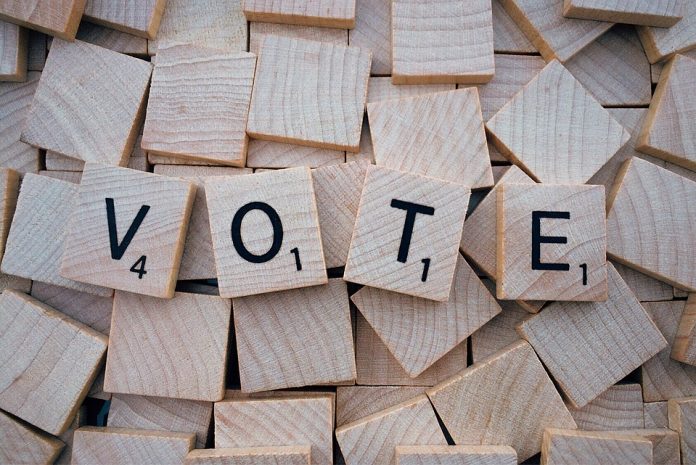Last week, Gary Mason, the Globe and Mail columnist, wrote about the 2017 election debate saying it really didn’t have “that one memorable moment that left the public laughing, confused or more certain than ever about their vote.” He said that even though people want to know who clearly won these things, there wasn’t a clear winner.
This debate, the only televised debate of the 2017 election, was symbolic of B.C.’s political climate conundrum — there isn’t exactly a clear choice. Of course, it’ll depend on who’s running in each riding. A great party might have a terrible MLA, or vice versa .
I think a lot of voters are asking the same question: who’s not Christy Clark but still sits in the safe zone? And for most, the answer to that question will appear on their ballot, regardless of policies.
In this edition of the Cascade, the article “Did we just dodge our Trump?” compares Canada’s own Kevin O’Leary to U.S. president Donald Trump. It says that even though O’Leary dropped out of the Conservative Leadership race, Canada may still need to wash its hands of whatever allowed a reality TV star, business mogul to get as far as he did in the Conservative leadership race.
The thing is, personalities like O’Leary’s get attention. They’re actors, it makes them good politicians. Even Trudeau, the drama teacher, put on a great performance leading up the the 2015 election, (and for the first year after his victory, some say). When Trudeau came out onstage, makeup done, hair did, Canadians found their champion — the anti-Harper hero.
And as a result, our last Federal elections showed a glimpse of what young people are thinking. The participation of voters ages 18-24 rose 18.3 per cent from the previous election in 2011. It’s not yet a trend, however, just a nice thought. These stats don’t necessarily mean young people want to vote, as is often said, it means there was someone to vote for. This time, in B.C., for better or for worse, we don’t have a clear front runner, as Mason notes.
Which is probably a good thing, if first time voters are really increasing in percentage. Young voters can be easily swayed; they haven’t experienced pre-ICBC, pre-Fast Ferries paradise. With that said, seasoned voters who’ve experienced economic fiascos like these tend to avoid giving new parties a chance.
Currently the polls’ seat projections put the NDP in the lead. Perhaps they’re the best bet.
The Union of British Columbia Indian Chiefs is launching an “Anyone But Christy” (ABC) campaign encouraging people to vote for either NDP or Green Party candidates. While they don’t endorse either, they spoke about how Clark has been out of touch with British Columbians.
Some with this mindset however, are afraid that Green might split the vote which would hand leadership back to the Liberals; what those types forget is we function in a multi-party system, every candidate splits votes. It’s far from being news that someone is encouraging “ABC” voters to err on the side of safety and vote NDP — strategic voting, they call it.
I often say vote for what will benefit the community, not just yourself. It’s a personal adage that resonates with strategic voting, but I can’t say I support the idea. In this election, it looks like we finally have an opportunity to vote for whomever we want. This might be the first year where voting for a non-dominant party might actually not be considered “throwing away your vote.”
Until this year, we were in a two party system. What will define this election is whether British Columbians will vote for the best opposition, or who they believe in. A vote for value, whether it’s a vote to win or not, is the best vote of all.


